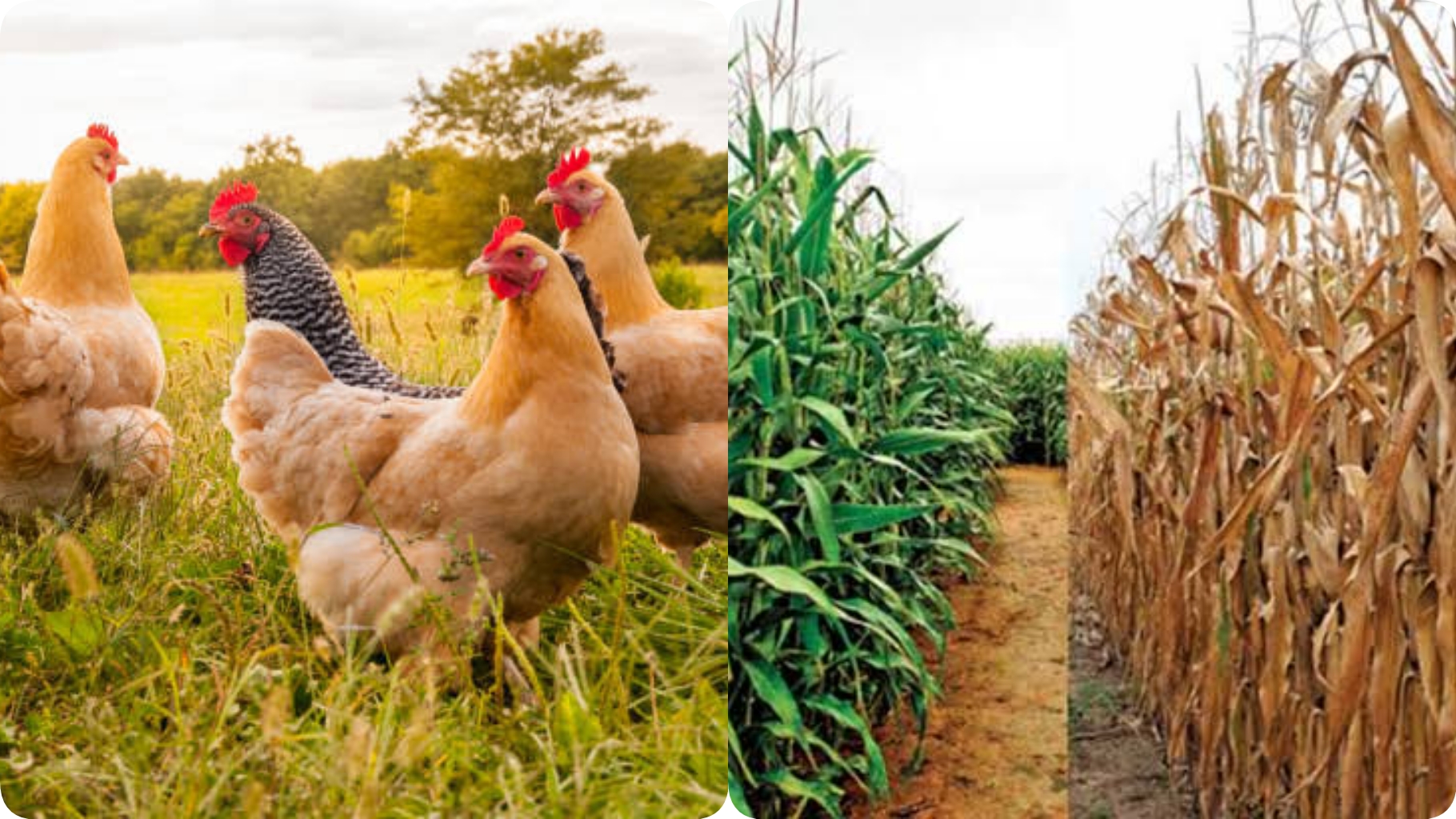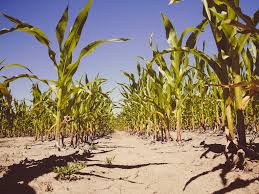Articles
Climate Change & It’s Adverse Effect On Agriculture In Nigeria

Agriculture has been a major source for the production of Raw materials such as cotton, wood, edible materials like palm oil, sugar, etc.
The pharmaceuticals, manufacturing industry, fuel etc. Rely on the production of these raw materials. A country’s economy to a large extent greatly depend on how much raw material it produces.

Export of Agricultural products play a big role in national revenue. When a country’s agriculture suffers, its revenue also suffers.
Agriculture is our major source of food supply.
Agriculture and the environment suffers the most when climate change occurs or there is a form of pollution. The effect of climate change on a country’s economy cannot be underestimated.
A shift in weather patterns or temperature is what can be referred to as climate change. Human activities over the years has adversely affected climate change. Human activities such as the burning of fossil fuels has caused heat-trapping gases.
Land areas are seeing more heat waves. A typical example is the recent wild fire occurrence in Europe which caused great distraught to land owners and even farmers.
A change in temperature or the weather condition can also bring about severe storm. Heavy rainfall can result in flooding, which may not only destroy homes but huge farm lands, crops and even birds.
Alakija Funmi, a 29 year old farmer in Osun State revealed the damage flood had on her farm, killing 900 of her poultry chicks. In tears, Funmi recalled how she started her business with small loans from her family members. Two years into her business, she has been greatly hit by flood making her lose a substantial part of her business.
Dayo Ezekiel, a 32 year old farmer, also in Osun State Nigeria, said his happened few years ago, a substantial part of his farmland was severely affected by the rising heat temperature destroying his crops. He also got a loan from a micro finance bank to start his farming business. He described this period has one of the most devastating in his life, because he needed to get back his capital and profit to enable him pay back his loan and forge ahead in business.
Helen Durotimi, a 62 year old woman who owns a Logistic business in the heart of Osun State also confided in us about the six digit figures she lost in 2019 as a result of a change in weather conditions. Helen, whose business deals on providing tractors to large farm lands, lost supposed millions of naira when the weather condition had an adverse effect on one of her clients farmland.
She described it as:
“The most devastating period of my life”
Rising CO2 has been proven to stimulate plant growth, however it also reduces the nutritional value of some food crops.
Rising levels of atmospheric carbon dioxide lowers the concentrations of essential minerals in most plant species, including soybeans, wheat and rice.
The effect of rising CO2 on the nutritional value of crops is a threat to human health.
The growth of crops, e.g. Wheat, also is being affected by high temperature.
Agriculture is vulnerable to climate change, this is the reason why it poses a great threat to food security, the economy and livelihood. Global food security is being threatened. A great number of people rely on agriculture for their livelihood.
For example, a vital sector in the US economy is agriculture. Livestock, seafood and crops produced contribute to more than $300 billion to the economy yearly.
In Nigeria, Agriculture has been one of the major sources of export, contributing over 100 billion naira yearly to the economy, it has had a great impact on the country’s revenue.
Cashew nuts, Seasamum seeds, Fermented Cocoa Beans, Mollusks, Raw Cocoa Beans, Ginger, etc are being exported out of Nigeria yearly.
According to reports, Nigeria’s major agricultural exports so far include Sesamum seeds, Cashew nuts, fermented Cocoa Beans, Superior quality raw cocoa beans, Other Frozen shrimps and prawns, Ginger and Natural Cocoa butter, ginger and agro-foods
In mitigating the impact of climate change on agriculture, farmers can invest in irrigation, even when the weather is unfavourable, farmers can still thrive.
An upgraded crop or bird storage facilities would prevent spoilage even in the most unusual weather conditions.
Farmers should push for climate friendly policies, these could include practices that support renewable energy, organic practices, farmland conservation, healthy soils, etc.

